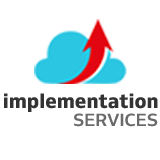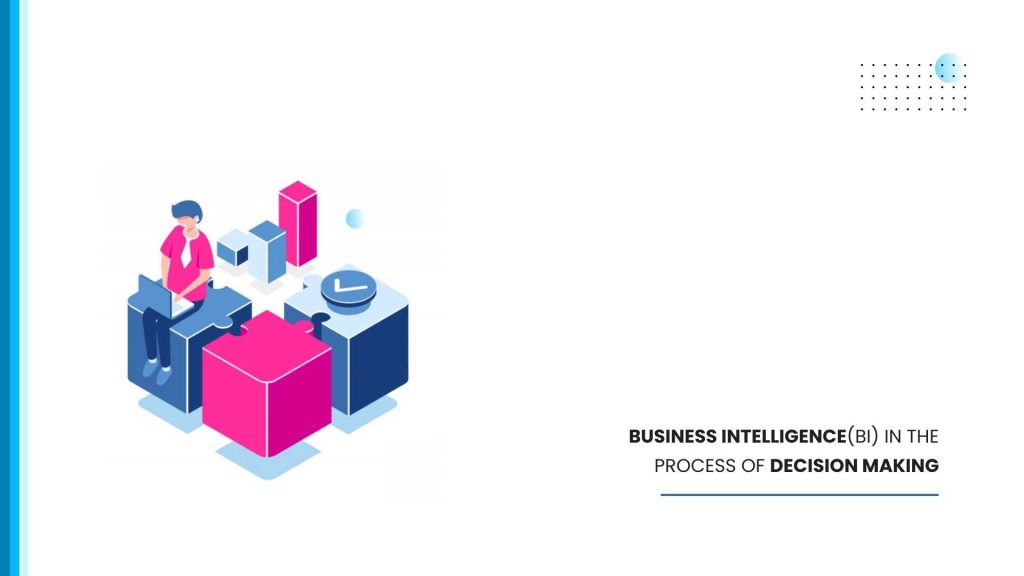In today’s fast-paced and data-driven world, businesses increasingly rely on advanced Business Intelligence (BI) technologies to gain valuable insights and make informed decisions. From predictive analytics to artificial intelligence, BI is evolving rapidly, reshaping the landscape of decision-making processes across industries. Let’s explore some of the cutting-edge BI technology trends driving this transformation.
Machine Learning and Artificial Intelligence:
AI and machine learning algorithms are revolutionizing BI by enabling predictive analytics, pattern recognition, and automated decision-making. These technologies can analyze vast amounts of data to find hidden trends and correlations, empowering businesses to stay ahead of the competition.
Advanced-Data Visualization:
Visual data representation through interactive dashboards and reports is becoming increasingly popular in BI. Advanced data visualization tools allow users to explore complex datasets effortlessly, facilitating better understanding and interpretation of key insights. These visualizations, from heat maps to network diagrams, provide a holistic view of business performance and trends.
Real-time Analytics:
In today’s dynamic business environment, accessing real-time data insights is crucial for making timely decisions. Real-time analytics solutions leverage technologies such as in-memory computing and stream processing to analyze data as it is generated, enabling organizations to respond swiftly to changing market conditions and customer needs.
Augmented Analytics:
Augmented Analytics combines AI and natural language processing (NLP) to automate data preparation, insight discovery, and interpretation. By leveraging machine learning algorithms, augmented analytics platforms can identify relevant patterns and anomalies in data, providing actionable insights to users without requiring extensive technical expertise.
Data Governance and Privacy:
Data governance has become a critical aspect of BI technology with the increasing emphasis on data privacy and regulatory compliance. Businesses adopt robust data governance frameworks to ensure their data assets’ integrity, security, and confidentiality, enhancing trust and reliability in decision-making processes.
Cloud-based BI Solutions:
Cloud computing has revolutionized how businesses access and analyze data. Cloud-based BI solutions offer scalability, flexibility, and cost-effectiveness, allowing organizations to harness the power of BI without significant upfront investments in hardware and infrastructure.
Self-Service BI:
Empowering business users with self-service BI tools enables them to access and analyze data independently without relying on IT or data specialists. Self-service BI platforms provide intuitive interfaces and drag-and-drop functionalities, allowing users to create custom reports and visualizations tailored to their needs.
Embedded BI:
Embedded BI integrates BI capabilities directly into business applications, allowing users to access insights within the context of their daily workflows. By embedding analytics into CRM, ERP, and other business systems, organizations can streamline decision-making processes and drive user adoption of BI tools.
IoT-driven Analytics:
The proliferation of Internet of Things (IoT) devices is generating vast amounts of sensor data that can be leveraged for analytics purposes. BI technologies are increasingly integrated with IoT platforms to analyze real-time sensor data, enabling predictive maintenance, supply chain optimization, and other data-driven insights.
Ethical AI and Responsible Data Usage:
As BI technologies become more pervasive, ensuring ethical AI and responsible data usage is paramount. Businesses must prioritize fairness, transparency, and accountability in their AI algorithms and data practices to mitigate the risks of bias and discrimination.
Conclusion
Integrating Acumatica Cloud ERP systems with Business Intelligence (BI) tools significantly enhances organizational decision-making processes. By consolidating data from various departments and providing real-time insights, ERP-enabled BI empowers decision-makers with accurate, timely information, fostering agile and informed choices.
This synergy between ERP and BI streamlines operations and facilitates proactive strategies, ultimately driving organizational growth and competitive advantage in today’s dynamic business landscape.

Vijay comes with a vast experience in ERP and enterprise solutions space with about 20 years of experience in various packaged application like Acumatica, SAP, Orion, Salesforce.com, SugarCRM and, SalesLogix.
















